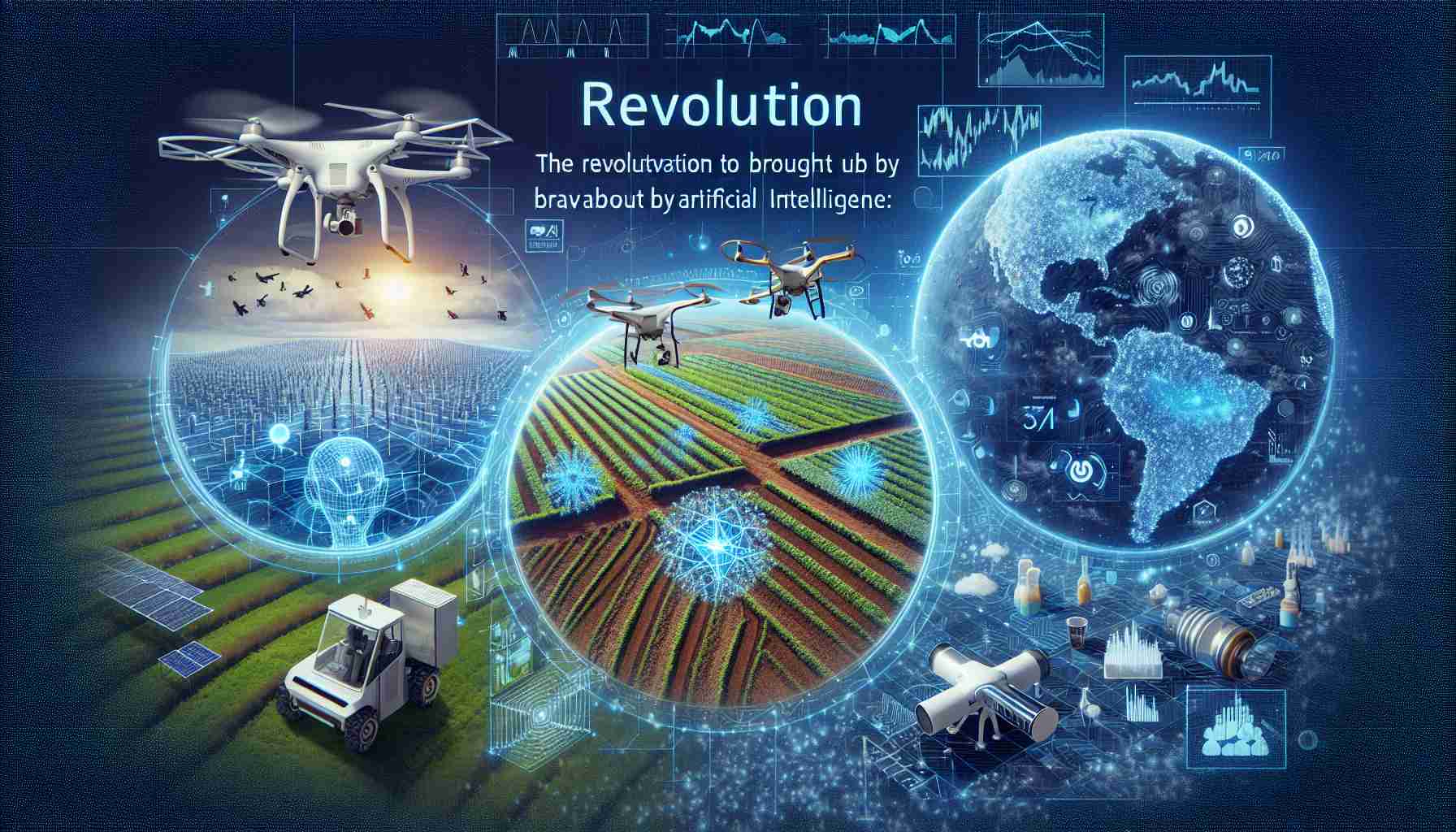Transformation through Artificial Intelligence is not just a distant dream but an unfolding reality. Keith Strier, Vice President of NVIDIA, emphasized the enormous potential for artificial intelligence technology to enhance lives and bolster economies across every nation. Strier highlighted that through the acceleration of innovation in critical sectors such as health, agriculture, climate, and manufacturing, AI becomes a powerful force for good.
This sense of purpose and ambition is made manifest in the recent collaboration between FPT and NVIDIA. Together, they’ve embarked on an ambitious venture to establish a $200 million AI factory in Vietnam, setting a precedent for technological growth and application in the region. This initiative signals a leap forward in the integration of AI technology in practical, problem-solving capacities that could change the face of numerous industries.
With artificial intelligence at its core, the future beckons a world where health diagnoses are swift and accurate, crop yields are maximized with precision farming, climate patterns are predicted with greater confidence, and production processes are optimized for efficiency and sustainability. This isn’t a mere enhancement of current standards, but a redefinition of what’s possible when human intellect and machine learning converge to tackle some of the most pressing challenges of our time.
Health Sector AI Integration
Artificial intelligence (AI) is revolutionizing the health sector through various means. AI tools aid in early disease detection, personalized medicine, and streamlining administrative processes. For example, AI can analyze medical images to detect anomalies faster and with greater accuracy than human radiologists. Machine learning algorithms can sift through vast datasets to find patterns that humans may not easily recognize, facilitating quicker diagnoses.
AI in Agriculture
In agriculture, AI is creating a shift toward more efficient and sustainable farming practices. Precision agriculture leverages AI to optimize planting, watering, harvesting, and managing pests, which can lead to increased crop yields and reduced resource waste. Drones equipped with AI can monitor crop health, automate irrigation systems, and analyze soil conditions, helping farmers make more informed decisions.
Climate Change and AI
AI is also being employed in the fight against climate change. By analyzing environmental data, AI can help in predicting climate patterns, assessing the health of ecosystems, and modeling the effects of various actions on the environment. AI can optimize renewable energy resource allocation and improve energy efficiency in buildings and other structures.
Challenges and Controversies
The adoption of AI involves challenges and controversies. A key challenge is the ethical use of AI, which includes concerns about bias in data sets and algorithms that can lead to discriminatory outcomes. Privacy issues also arise when dealing with sensitive data, especially in health care.
The disruptive nature of AI raises questions about job displacement, as automation may reduce the need for human labor in certain sectors. Additionally, ensuring transparency in AI decision-making processes can be complex, which leads to accountability concerns.
Advantages and Disadvantages
The advantages of AI include increased efficiency, accuracy, and the ability to process and analyze vast amounts of data rapidly. AI can assist in discovering insights that would be difficult or impossible for humans to uncover on their own.
However, disadvantages include the potential for job losses as certain tasks become automated and the risk of creating systems that may perpetuate existing societal biases if not properly designed. There is also the ongoing challenge of ensuring cybersecurity in AI systems, preventing malicious use of AI technologies, and managing the environmental impact of the energy-intensive AI training processes.
Related Links
For additional information on AI and its implications in global health, agriculture, and climate, you may visit reputable sources such as:
– World Health Organization for AI’s impact on global health.
– Food and Agriculture Organization for AI innovations in agriculture.
– Intergovernmental Panel on Climate Change for AI-related climate studies.
AI’s potential to transform various sectors is immense, but it is essential that stakeholders navigate these advancements with consideration for ethics, inclusivity, and transparency to ensure that the AI revolution benefits all segments of society.

